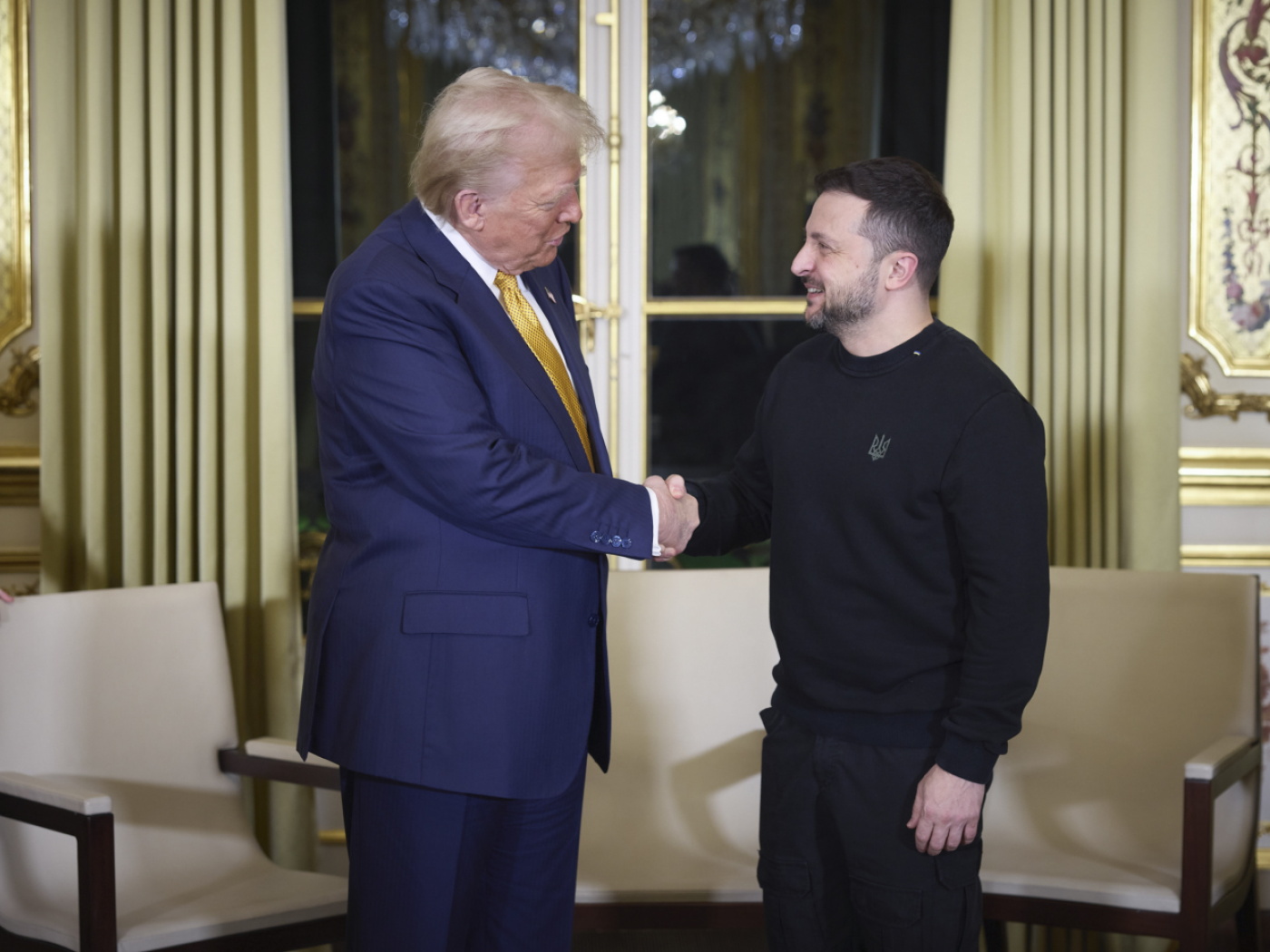
Global conflict threat tops 2025 risks: WEF

Global conflict has been cited as the gravest threat to the world this year, in a World Economic Forum survey of around 900 business leaders, risk analysts and political decision-makers.
+Get the most important news from Switzerland in your inbox
This Global Risks Report 2025 was presented by the World Economic Forum (WEF) Foundation shortly before its annual meeting in Davos. The immediate threat of conflict is by far the most important factor, cited by almost 25% of respondents.
This was followed by extreme weather (14%), trade confrontations (8%) and misinformation and disinformation (7%) as major risks. With a slightly longer time horizon, cyber espionage, misuse of artificial intelligence and loss of biodiversity were also cited as risks.
Trump video link
The WEF summit begins on January 20 and lasts four days. Almost 3,000 participants are expected to attend, including 60 heads of state and government and numerous ministers. German Chancellor Olaf Scholz is on the list, as is Ukrainian President Volodymyr Zelensky. Donald Trump, who will be sworn in for a second term as US President on Monday, is to be digitally connected to a dialogue with participants three days later.
The interviewees were concerned about less cooperation and many solo efforts. According to WEF, this threatens stability and progress on the issues at hand. They see cohesion between countries and within societies at risk. The foundation has published its 20th report on global risks.
Managing Director of WEF, Mirek Dušek, calls on managers to work together more. “In a world characterised by deepening divides and cascading risks, the world’s leaders have a choice: foster collaboration and resilience or face increasing instability. The stakes have never been higher.”

More
WEF: Trump to speak virtually, Zelensky to appear in person
Translated from German by DeepL/mga
This news story has been written and carefully fact-checked by an external editorial team. At SWI swissinfo.ch we select the most relevant news for an international audience and use automatic translation tools such as DeepL to translate it into English. Providing you with automatically translated news gives us the time to write more in-depth articles.
If you want to know more about how we work, have a look here, and if you have feedback on this news story please write to english@swissinfo.ch.

In compliance with the JTI standards
More: SWI swissinfo.ch certified by the Journalism Trust Initiative


























You can find an overview of ongoing debates with our journalists here . Please join us!
If you want to start a conversation about a topic raised in this article or want to report factual errors, email us at english@swissinfo.ch.